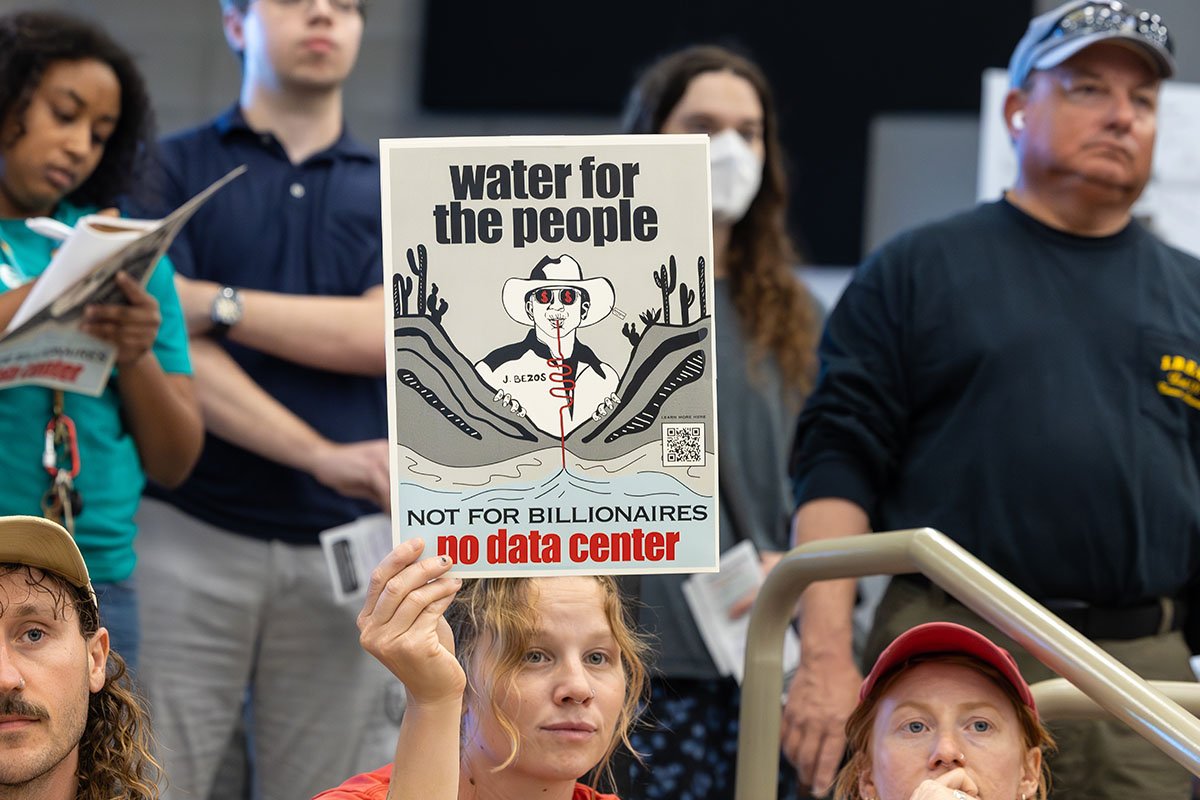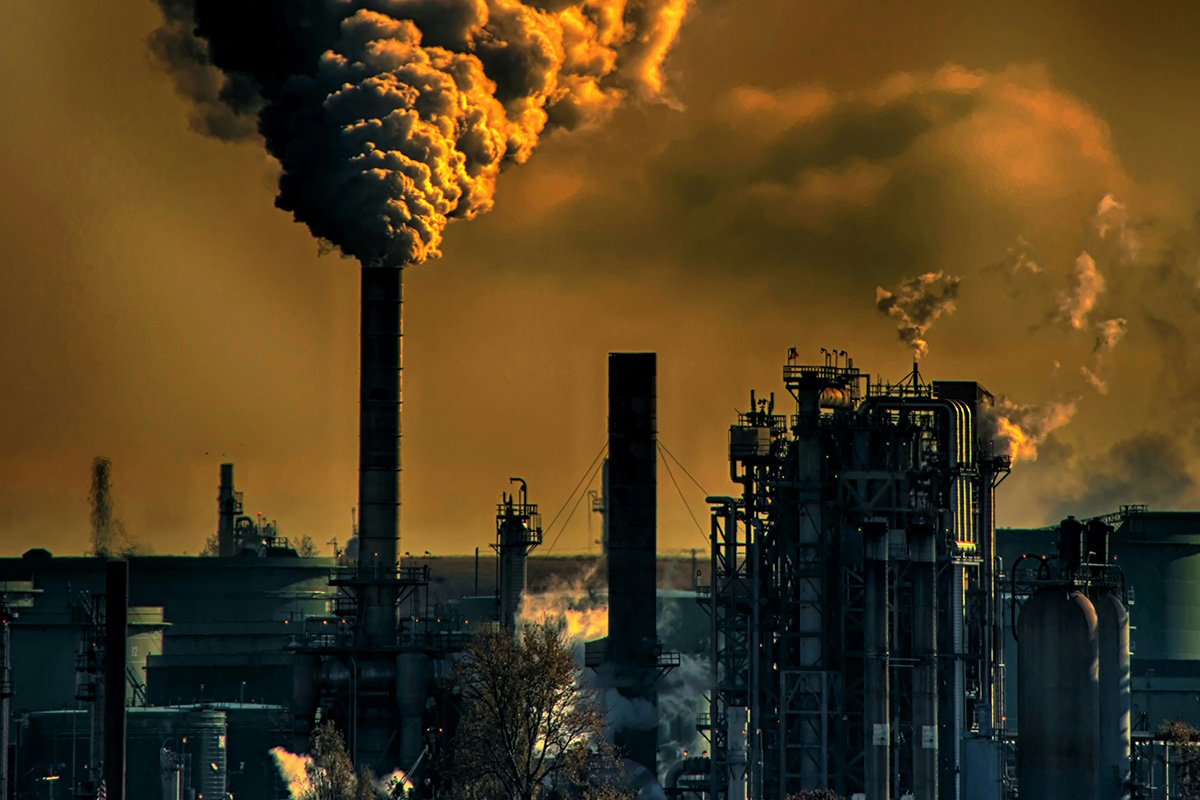
October 16, 2016; New York Times
This past Saturday, negotiators from more than 170 countries reached a momentous, legally binding accord to reduce the use of a pervasive planet-warming chemical used in air conditioners and refrigerators. The agreement requires the consent of the world’s major chemical companies to use alternatives to the coolant called hydrofluorocarbons, or HFCs.
The Paris agreement involved nearly every country voluntarily pledging to cut emissions of carbon dioxide from the fossil fuels that power vehicles, electric plants and factories. This agreement on the use of HFCs is enforceable, including targets, timetables, and trade sanctions to punish cheaters. This accord is happening just as poorer countries with rising incomes can begin to afford air conditioning. Rich countries will help finance the transition for poor countries.
How could this be? Capitalism is not known for altruism or environmentalism. The short answer is that companies care about nature when caring means profit. No protesters chained themselves to factory gates to compel this action. Corporate leaders saw the necessity for change and championed this new direction that mitigates climate change. This accord, seven years in the making, results from the alignment of economic forces with conservation, and corporate survival instincts. The chemical companies are not suddenly thinking more about conservation than they are about commerce. Environmental groups do not have an exclusive on saving the planet so long as becoming green is profitable.
The New York Times offers a more nuanced answer.
“This is an area where we are aligned with the environmental benefits,” Kenneth Gayer, vice president of fluorine products at Honeywell, said in an interview. “We anticipated the need for these regulations before people were even talking about global warming. Now, the world is going to use alternatives in a big way.”
Sign up for our free newsletters
Subscribe to NPQ's newsletters to have our top stories delivered directly to your inbox.
By signing up, you agree to our privacy policy and terms of use, and to receive messages from NPQ and our partners.
Other options are now available, including systems that use propane or ammonia, and companies throughout the supply chain are racing to adopt them. Coca-Cola, for example, has put more than 1.8 million refrigerated vending machines and other HFC-free equipment into service.
Still, some environmentalists caution against what they see as excessive influence by the corporate sector in shaping the way forward for cooling technologies.
This new accord is an amendment to (and maintains the legal force of) the 1987 Montreal Protocol focused on banning ozone-depleting coolants called chlorofluorocarbons, or CFCs. This is a new mandatory treaty; companies and governments are obligated to comply.
Here are Secretary of State John Kerry’s remarks, made just before the passage of the agreement at the Plenary of the 28th Meeting of the Parties to the Montreal Protocol.
If only the oil companies could find an economic reason to embrace alternatives to fossil fuels, maybe they would listen to their researchers and join most everyone else in trying to mitigate climate change, or at least accept the risks of not doing so.—James Schaffer











